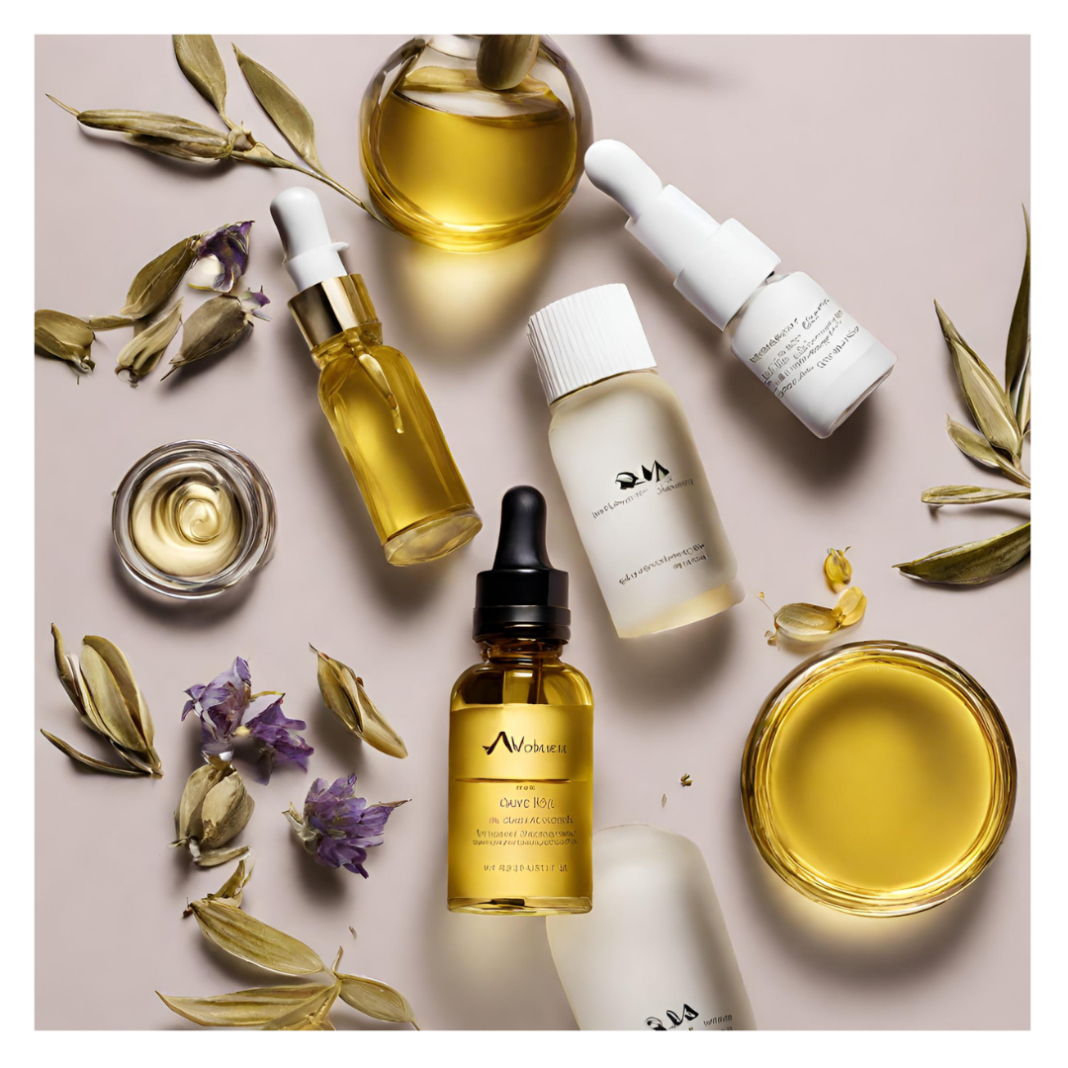Understanding Skin Types and Acne
Acne-prone skin is characterized by frequent breakouts, high sensitivity, and an excessive production of sebum. Individuals with this skin type often struggle with inflammation and the persistent appearance of pimples and blackheads. The main triggers for acne include hormonal fluctuations, certain dietary choices, stress levels, and using inappropriate skincare products that can exacerbate the skin’s condition.
The Science Behind Oils and Acne-Prone Skin
Facial oils can have adverse effects on acne-prone skin primarily due to their potential to clog pores—a process known as comedogenesis. Here, we break down the types of oils often found in skincare:
• Non-comedogenic oils such as argan oil or squalane may not necessarily block pores, but their impact can vary based on the formulation and the individual’s skin.
• Comedogenic oils, like coconut oil or cocoa butter, are known for their high likelihood of clogging pores and triggering breakouts.
Oils can create a barrier on the skin that traps existing bacteria and sebum underneath, exacerbating acne conditions by preventing the skin from breathing and healing naturally.
Risks of Using Facial Oils on Acne-Prone Skin
Pore-Clogging Potential
Heavy, thick oils are a significant concern for acne-prone skin as they can occlude pores, allowing for an accumulation of dead skin cells and sebum, which are primary contributors to acne formation.
Inflammation and Irritation
Certain oils can also irritate the skin or promote inflammation. This irritation can worsen acne symptoms, leading to more significant breakouts and discomfort.
Interaction with Other Skincare Products
Facial oils can interfere with the absorption and effectiveness of other skincare treatments, particularly those designed to combat acne, such as salicylic acid or benzoyl peroxide. This interference can diminish the overall effectiveness of an acne treatment regimen.
Safer Skincare Alternatives
For those with acne-prone skin, it is crucial to select skincare products that are labeled as non-comedogenic. Here are some active ingredients and product recommendations:
• Salicylic Acid: Helps to dissolve debris that clogs pores and reduces swelling and redness.
• Benzoyl Peroxide: Kills bacteria underneath the skin and helps peel away layers of oil.
• Retinoids: Increase cell turnover to prevent clogged pores and help reduce acne scarring.
Conclusion
In conclusion, while facial oils can be beneficial for certain skin types, those with acne-prone skin should proceed with caution. It’s vital to understand the properties of different oils and their effects on the skin to prevent exacerbating acne. We recommend consulting with a dermatologist to tailor a skincare regimen that is suited to your skin’s needs, particularly if you are struggling with persistent acne.
By carefully selecting products and being mindful of their ingredients and effects, individuals with acne-prone skin can maintain a healthy skincare routine that promotes clarity and minimizes breakouts, without the need for potentially problematic oils
